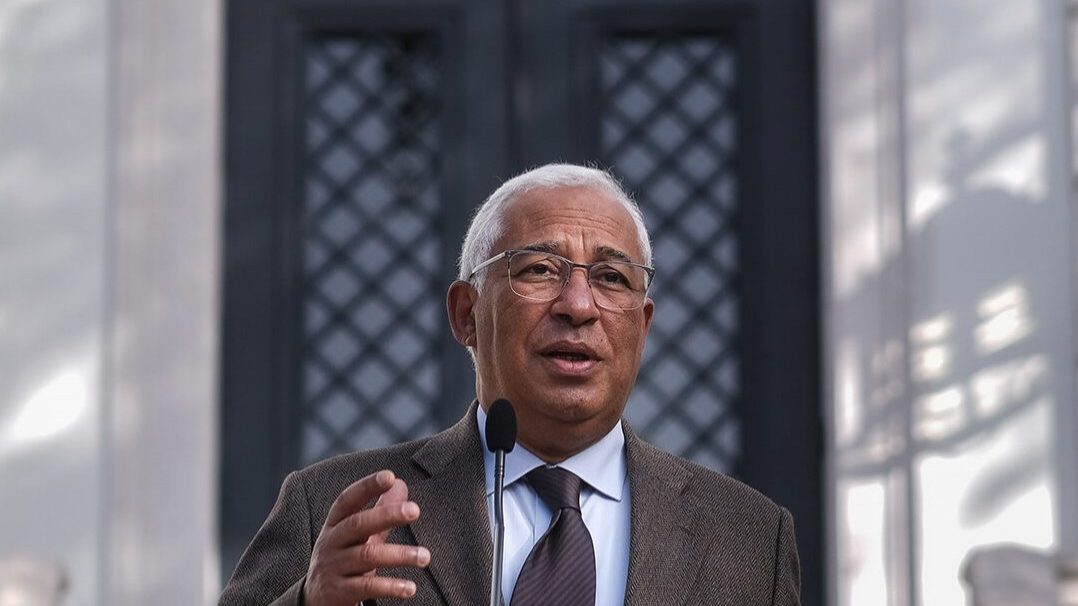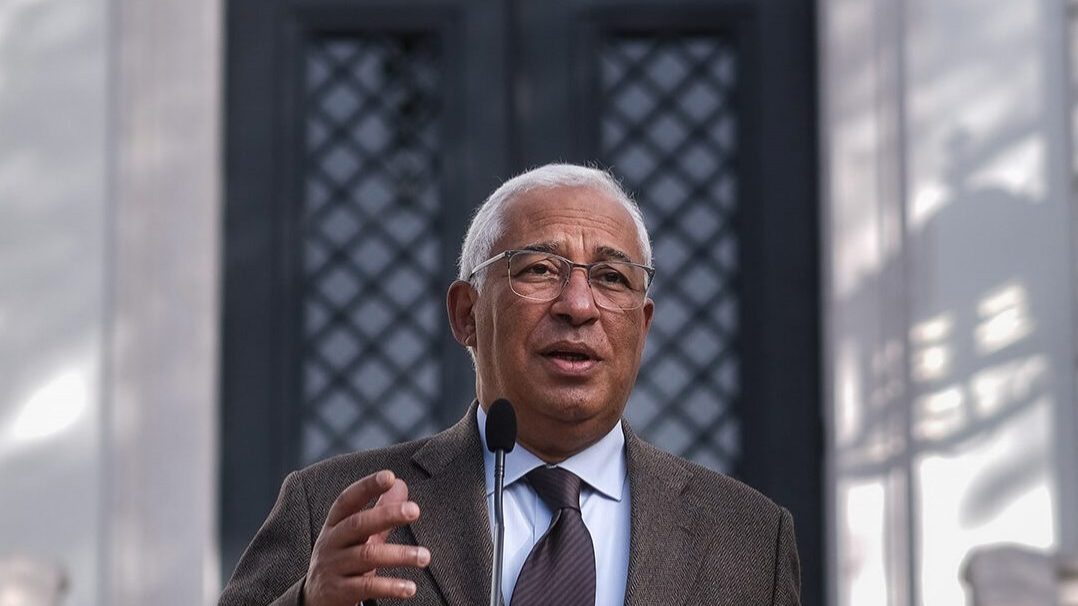Prime-minister António Costa resigns from office
The decision comes after an investigation by the Public Prosecutor's Office in an enquiry launched by the Supreme Court, following an operation into the lithium and green hydrogen businesses.
António Costa, Portugal’s prime-minister, has just resigned from office. The decision comes after it was confirmed by the Attorney General’s Office (PGR) that the prime minister was the subject of an investigation by the Public Prosecutor’s Office in an enquiry launched by the Supreme Court of Justice.
“The dignity of the prime minister’s duties is not compatible with any suspicion regarding his integrity and good conduct, and even less with the suspicion of any criminal act”, said António Costa, when addressing the country.
“Obviously I submitted my resignation to the President of the Republic”, he announced.
“I want to tell the Portuguese people face to face that the practice of any illicit or objectionable act does not weigh on my conscience”, he added.
This Tuesday, the Attorney General’s Office (PGR) confirmed that António Costa was the subject of an investigation by the Public Prosecutor’s Office in an enquiry launched by the Supreme Court of Justice.
“In the course of the investigations, it has also come to light that suspects have invoked the name and authority of the prime minister and intervened to unblock procedures in the above-mentioned context. These references will be analysed independently in the context of the investigation launched by the Supreme Court of Justice, as this is the competent forum,” reads a note released today by the Attorney General’s Office, quoted by Lusa.
This information follows an operation into the lithium and green hydrogen businesses, coordinated by the Central Department of Investigation and Criminal Action (DCIAP) and with the support of the Public Security Police (PSP) and the Tax Authority (AT).
As today’s proceedings did not directly target the prime minister, the operation only requires authorisation from a criminal investigating judge. As it has since been alleged that António Costa may have intervened in these deals, the case had to be separated and passed to the Supreme Court of Justice.
Involved in the search and seizure of documents and other evidence were 17 public prosecutors, three judges, two representatives of the Bar Association, around 145 PSP officers and nine tax authority officers.
Seventeen house searches were carried out, five searches of a lawyer’s office and home and 20 non-house searches, namely of premises used by the Prime Minister’s chief of staff, the Ministry of the Environment and Climate Action; the Ministry of Infrastructure and the Secretary of State for Energy and Climate; Sines Town Hall and the headquarters of other public organisations and companies.
According to the Attorney General’s Office, the prime minister’s chief of staff, Vítor Escária, the mayor of Sines, Nuno Mascarenhas, two directors of Start Campus and a consultant were arrested as part of the operation.
According to various media outlets, the consultant is Diogo Lacerda Machado, a lawyer and businessman close to the Prime Minister, while the directors of the Sines Start Campus company are Afonso Salema and Rui Oliveira Neves.
The Public Prosecutor’s Office has also named the Minister of Infrastructure, João Galamba, and the Chairman of the Board of the Portuguese Environment Agency, Nuno Lacasta, as defendants.
They are accused of the offences of prevarication, active and passive corruption of a political office holder and influence peddling.
The investigation concerns the lithium exploration concessions in the Romano (Montalegre) and Barroso (Boticas) mines, a hydrogen energy production plant project in Sines and the data centre construction project developed in the Sines Industrial and Logistics Zone by the company “Start Campus”.

